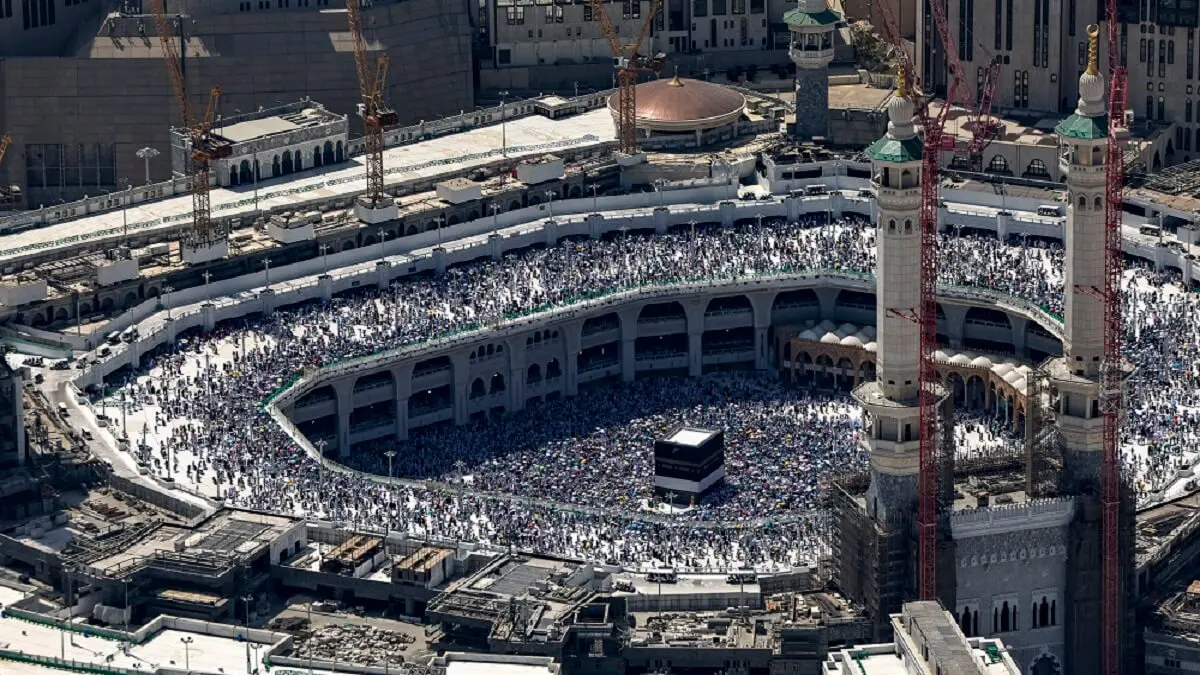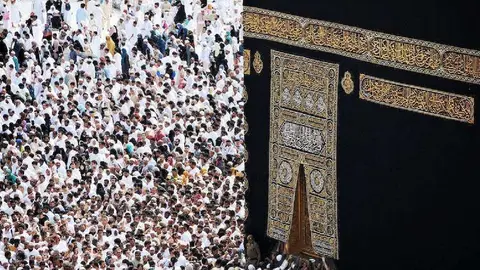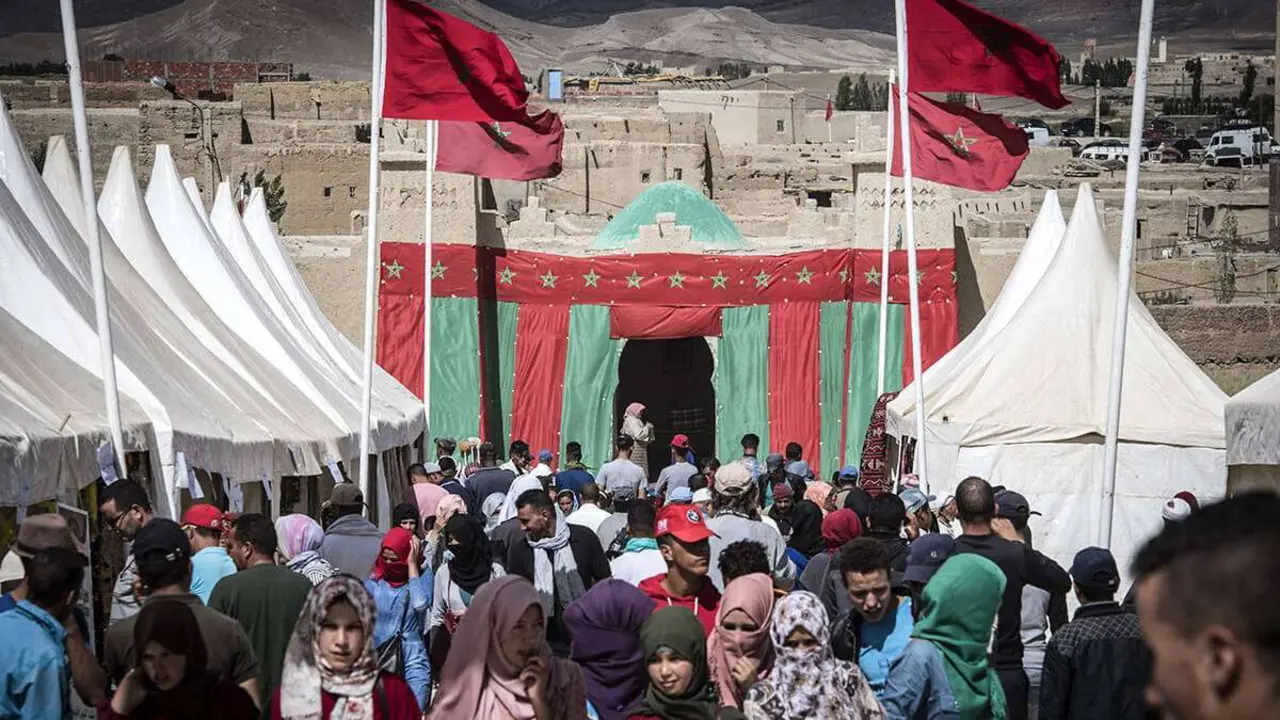Hajj pilgrimage ends with deadly heat spike in Saudi Arabia

Saudi Arabia warned on Monday against extreme temperatures in Mecca, where more than a dozen heat-related deaths have been confirmed at the Muslim pilgrimage, one of the world's largest religious gatherings.
More than 2,700 cases of "heat exhaustion" were recorded on Sunday alone, the health ministry said at the end of the hajj.
On Monday temperatures reached 51.8 degrees Celsius in Mecca, Islam's first holy city in the west of the country, where pilgrims were finishing the hajj.
Some were circling the Kabaa, a cubic construction in the centre of the Grand Mosque, while others were performing the ritual stoning of Satan in the valley near Mina, in front of stelae symbolising the devil, on which they throw stones.
Jordan's Foreign Ministry said on Sunday that 14 Jordanian pilgrims had died "after suffering from heatstroke due to the extreme heatwave2, and 17 others were "missing".
Tehran reported the deaths of five Iranian pilgrims, without specifying the cause, and Dakar said three Senegalese pilgrims had also died.
Meanwhile, an Indonesian health ministry official, currently in Saudi Arabia, said 136 Indonesian pilgrims had died during the hajj, including at least three from heatstroke.
A very difficult day
"Prevention is important and pilgrims should not go out during the hottest hours, unless necessary, or carry parasols," Saudi Arabia's health ministry said in a statement quoted by El Ekhbariya.
This year's hajj attracted about 1.8 million pilgrims, including 1.6 million from abroad, according to Saudi officials.
In Mina on Monday, pilgrims doused their heads with water as authorities distributed cool drinks and ice cream that melted quickly.
Azza Hamid Brahim, a 61-year-old Egyptian, claimed to have seen motionless bodies on the side of the road as she walked to and from the stelae depicting Satan.
"It looked like the Last Judgement, the end of the world. It was a very difficult day," she stressed.
The hajj is one of the five pillars of Islam and Muslims who are able to do it should do it at least once in their lifetime. It is a source of prestige and legitimacy for Saudi Arabia, whose king bears the title of "Guardian of the Two Holy Mosques" of Mecca and Medina.
Crown Prince Mohammed bin Salman, the kingdom's de facto leader, said on Sunday that his country had a duty to "do everything possible to help the faithful to worship safely".









